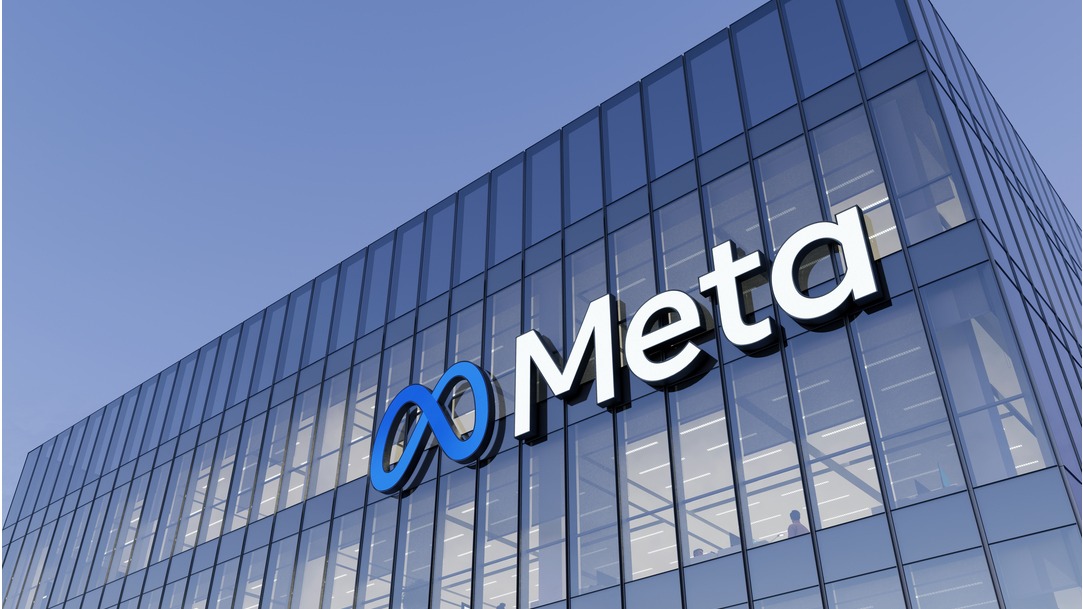Meta Platforms, the parent company of Facebook, has decided not to immediately join the European Union’s voluntary AI Pact, which is planned as a stopgap measure before the AI Act comes into full effect in 2026.
The decision was confirmed by a company spokesperson, who stated that Meta is concentrating its compliance efforts in preparation for the AI Act and may consider joining the AI Pact at a later stage.
Meta’s current position clashes with Microsoft Corp. and Alphabet Inc.’s Google, which both confirmed through spokespeople that they will sign the pledge. Companies who decided not to sign the AI Pact also include France’s open-source AI startup Mistral, which was recently valued at €5.8 billion.
Meta’s latest AI model, Llama, has open sources features and integrations that are publicly accessible, with users allowed to adapt the model continuously as new data becomes available.
These features could represent an obstacle for the system to comply with requirements to map risks with the tools, as Llama’s developers have less control over Llama’s advancements.
In July, Meta said its next generation of models would be introduced in the EU at a later date “due to the unpredictable nature of the European regulatory environment.”
The AI Act will be the first set of regulations that will govern the development and use of AI in the European Union.
It will require companies to provide detailed summaries of the data used to train their AI models. The AI Act is the fifth pillar of EU legislation and would work in conjunction with the Digital Markets Act, Digital Services Act, Data Governance Act, and Data Act.
For types of AI deemed to be “high-risk”, the AI Act will impose a wide range of obligations on companies, including risk assessments, governance, and maintaining documentation, public registration and conformity assessments and declarations to ensure full compliance.
Last month, the European Commission said the majority of rules of the act will start applying on Aug. 2, 2026.
The AI Pact isn’t legally binding, therefore companies that don’t sign the agreement won’t face any consequences.
The EU is seeking to set standards to regulate the rapidly developing AI sector, allowing innovation to accelerate without the risk of being overtaken by the US.
The non-binding commitment asks developers to fulfil the main obligations of the AI Act before it becomes law.
Companies that sign it commit to follow a list of practices similar to those in the AI Act principles, including defining which AI tools can be employed in ‘high-risk’ situations, in areas including education, employment or policing.
The EU’s executive arm, the European Commission, will reveal the full list of signatories on Wednesday.


